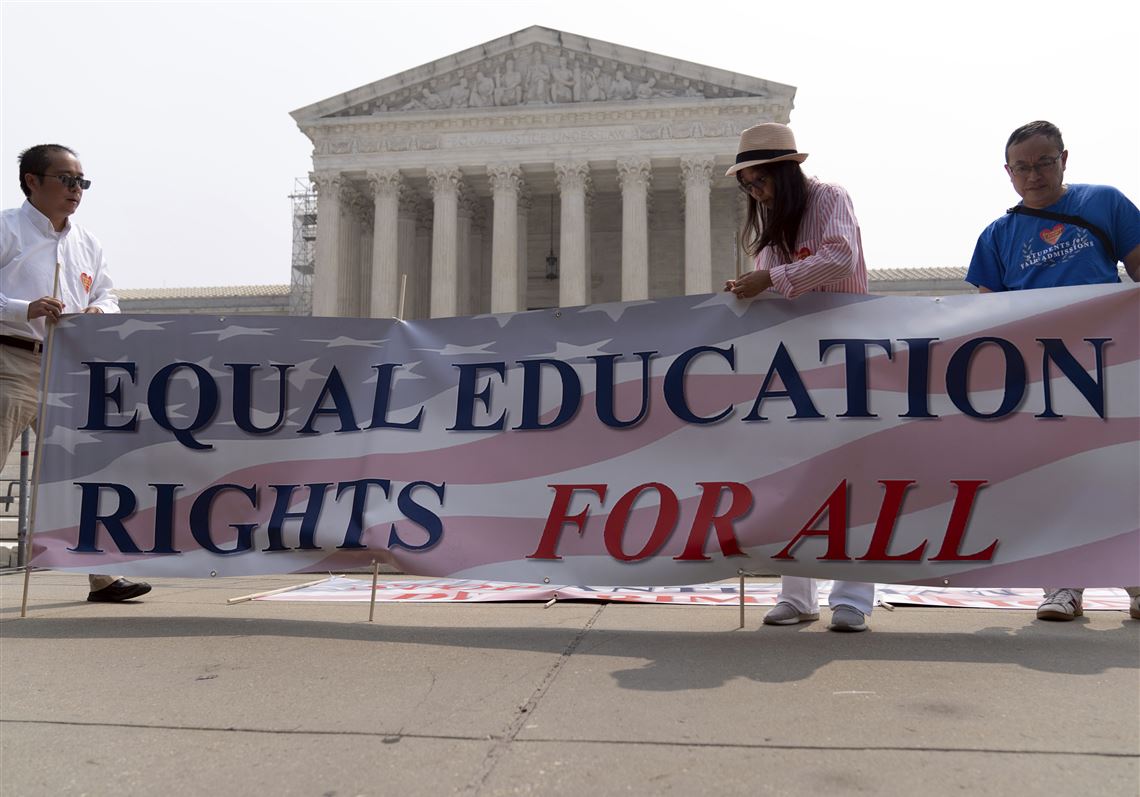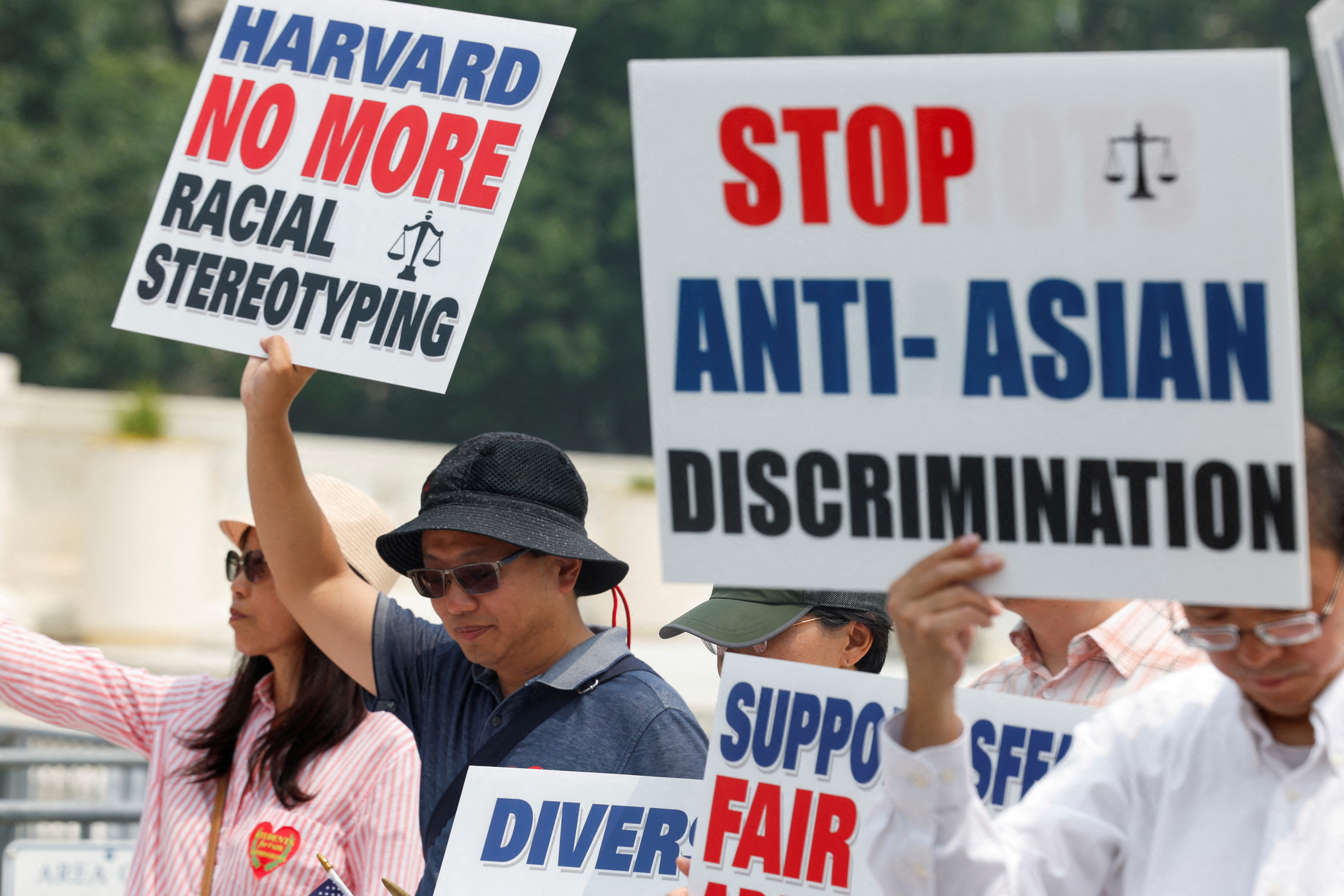Today, let’s chat about something that often buzzes around in the news, workplace conversations, and college campuses: affirmative action. You’ve probably heard the term thrown around, but what does it really mean? How does it affect us, and why should we care? Let’s dive in!
Think of affirmative action as a set of policies that aim to level the playing field for people who’ve historically been left out of the game. It’s like giving everyone a fair shot at scoring a goal in a match where, unfortunately, some players have been benched for way too long.

Well, it all started back in the 1960s during the Civil Rights Movement (learn more about the Civil Rights Movement here: https://www.loc.gov/classroom-materials/united-states-history-primary-source-timeline/post-war-united-states-1945-1968/civil-rights-movement/)in the U.S. The idea was simple yet powerful: let’s give underrepresented groups – particularly African Americans at the time – a better chance at education and jobs. Fast forward to today, and this includes a broader spectrum, like other ethnic minorities and women.

Affirmative action has three main goals:
- Diversity: Diversity isn’t just a buzzword; it enriches our learning, working, and daily life experiences. Imagine a world where your college or workplace is a mini-melting pot of ideas and cultures. Neat, right?
- Fixing Past Wrongs: Affirmative action tries to make up for past discrimination. It’s about acknowledging that the playing field was uneven and doing something about it.
- Shattering Stereotypes: This policy helps break down those pesky stereotypes by giving everyone a fair chance to showcase their talents.
You can read more about the goals of affirmative action here: https://www.dol.gov/agencies/ofccp/faqs/AAFAQs#:~:text=The%20purpose%20of%20affirmative%20action,in%20the%20relevant%20job%20market.
It’s not a one-size-fits-all approach. In colleges, it might mean considering someone’s background as part of the admission process. In the workplace, it could be about recruiting and training folks from diverse backgrounds.

Now, it’s not all rainbows and butterflies. Some folks argue that affirmative action can lead to reverse discrimination – where the majority group feels left out. Others question if it really gets to the root of inequality.
On the flip side, supporters believe it’s a crucial step in fixing systemic biases and that any disadvantages to majority groups pale in comparison to the historical challenges faced by minorities.
Affirmative action is a complex, ever-evolving topic. Is it perfect? Nope. But its heart is in the right place – aiming for a society where everyone gets a fair chance. As we move forward, it’s important to keep the conversation going, tweak these policies, and make sure they’re doing what they’re supposed to: building a fairer, more inclusive world. Read more about others opinions here! – https://theweek.com/news/society/958504/pros-and-cons-of-affirmative-action

I remember hearing about the supreme court case that went through this past summer regarding Affirmative Action at Harvard and other Ivy league schools. I don’t think that this court case is going to be the final word on the topic, as you said, people have a lot of different opinions on the matter, so I think it’ll be interesting to see what happens next. I forget exactly what the supreme court ruling said, but I know that their word will trickle down through federal and state legislature, and likely redefine the ways in which Affirmative Action is carried out in practice, or if colleges and employers find loop-holes in the ruling to continue using the same practices they have been using in the past.
Affirmative action is a complex and controversial subject, I honestly can see why some people would be against it. The thing is, even if racism isn’t nearly as blatantly present in today’s society, the lingering effects of socioeconomic discrimination are still going strong today. Affirmative action helps reverse these effects, and I see it as something which is really beneficial to helping minimize inequality.
I think that the issue of affirmative action is very complex and there are a lot of different aspects to it, like you said. It has constantly been talked about and everyone has different opinions, which makes it more complicated. I would love to learn about how affirmative action has impacted specific groups of people.